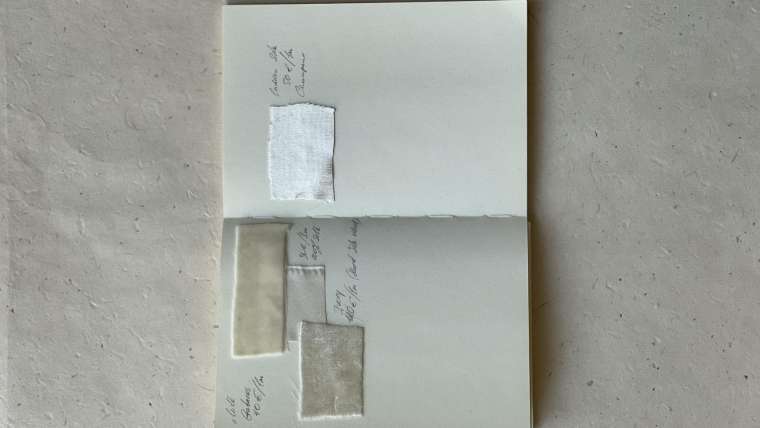Discover the secret to overcoming sleep apnea and finally getting the restful night’s sleep you deserve. Say goodbye to exhaustion!
Table of Contents
- Welcome to our blog post on conquering sleep apnea for a restful night!
- We hope this blog post has provided you with valuable insights and information on conquering sleep apnea for a restful night. Remember, you don’t have to face sleep apnea alone—reach out for help and take steps towards better sleep and better health. Sweet dreams!
Welcome to our blog post on conquering sleep apnea for a restful night!
Sleep apnea is a common yet often overlooked sleep disorder that can greatly impact your quality of life. Whether you’ve been recently diagnosed with sleep apnea or suspect you may have it, it’s essential to understand the condition, its symptoms, and treatment options to conquer it and get the good night’s sleep you deserve.
Understanding Sleep Apnea
Sleep apnea is a sleep disorder characterized by pauses in breathing or shallow breathing during sleep. These pauses can last from a few seconds to minutes and can occur multiple times throughout the night. The most common type of sleep apnea is obstructive sleep apnea, where the airway becomes partially or completely blocked during sleep.
Common symptoms of sleep apnea include loud snoring, gasping or choking during sleep, daytime fatigue, morning headaches, and irritability. If left untreated, sleep apnea can lead to serious health complications such as high blood pressure, heart disease, diabetes, and stroke.
Treatment Options for Sleep Apnea
Fortunately, there are several effective treatment options available for managing sleep apnea and improving your sleep quality. The most common treatments include:
| Topic | Description |
|---|---|
| What is sleep apnea? | Sleep apnea is a common sleep disorder characterized by pauses in breathing during sleep. |
| Types of sleep apnea | – Obstructive sleep apnea (OSA) – Central sleep apnea (CSA) |
| Common symptoms | – Loud snoring – Daytime fatigue – Gasping for air during sleep |
| Risk factors | – Obesity – Being male – Age over 40 |
| Treatment options | – Continuous positive airway pressure (CPAP) therapy – Oral appliances – Surgery |
| Importance of seeking treatment | Untreated sleep apnea can lead to serious health issues like high blood pressure and heart disease. |
- Continuous Positive Airway Pressure (CPAP) Therapy: CPAP therapy involves wearing a mask over your nose and/or mouth during sleep, which delivers a continuous flow of air to keep your airway open.
- Oral Appliances: Oral appliances can help prevent your airway from collapsing by repositioning your jaw during sleep.
- Lifestyle Changes: Making lifestyle changes such as losing weight, avoiding alcohol and sedatives before bed, and sleeping on your side can also help alleviate symptoms of sleep apnea.
Conquer Sleep Apnea for a Restful Night
Conquering sleep apnea is possible with the right knowledge, tools, and support. If you suspect you have sleep apnea or have been diagnosed with it, don’t hesitate to seek help from a healthcare provider who specializes in sleep medicine.
By understanding the condition, being proactive about treatment, and making positive lifestyle changes, you can conquer sleep apnea and enjoy restful nights of rejuvenating sleep. Remember, a good night’s sleep is essential for overall health and well-being, so take charge of your sleep apnea and breathe easy.
We hope this blog post has provided you with valuable insights and information on conquering sleep apnea for a restful night. Remember, you don’t have to face sleep apnea alone—reach out for help and take steps towards better sleep and better health. Sweet dreams!
What are the risk factors for sleep apnea?
Risk factors for sleep apnea include obesity, being male, having a family history of sleep apnea, smoking, and being over the age of 40.
How is sleep apnea diagnosed?
Sleep apnea is typically diagnosed through a sleep study, where your breathing, heart rate, and other vital signs are monitored while you sleep.
Can untreated sleep apnea lead to serious health issues?
Yes, untreated sleep apnea can lead to high blood pressure, heart disease, stroke, diabetes, and other chronic health conditions.
Are there alternative treatments for sleep apnea besides CPAP therapy?
Yes, oral appliances and surgery are alternative treatments for sleep apnea if CPAP therapy is not suitable for you. Lifestyle changes such as weight loss, avoiding alcohol before bed, and changing sleep positions can also help alleviate symptoms of sleep apnea.





